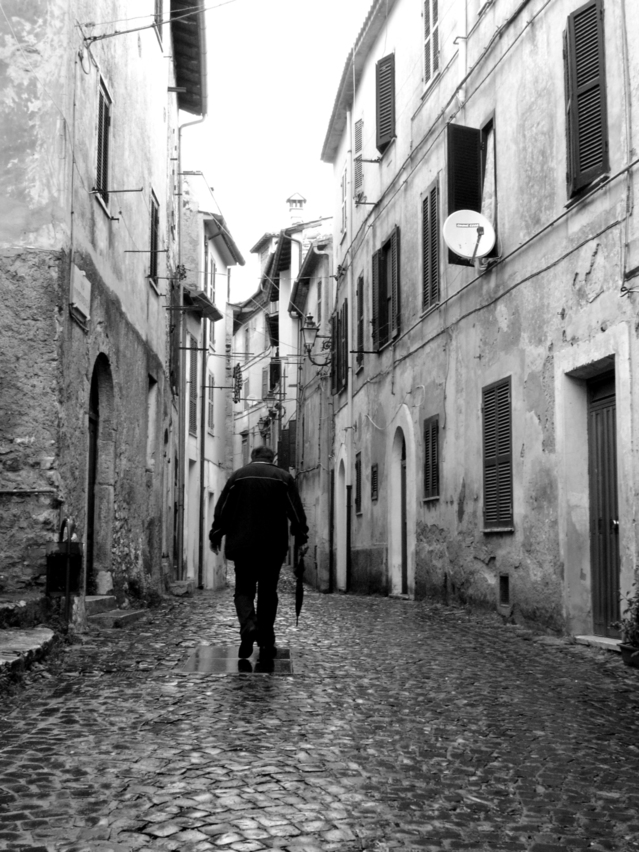Palo was born in the Punjab but has spent most of her life in the Glasgow area. She began writing three years ago after retiring from local government education department. She is currently writing her first novel as part of a postgraduate degree in creative writing at the University of Strathclyde. This is an extract from her story, Basant.
His brother had died that morning just as the cock crowed and the cold, hazy winter sun bathed the village with light. Those seated around the dead man had been waiting. Quickly two of them began to undress his body, at the same time giving instructions to his fifteen-year old brother.
‘Go now, Basant. Bring your neighbour and cousins.’
‘Have the funeral pyre prepared.’
‘Alert the reader of the Holy Book. Bring him with you.’
Basant rose, adjusted his over-blanket around his turbaned head, swept it across his shoulders and left the room crossing the narrow, open courtyard in four long steps. Once over the threshold his body shook with sobs. He leaned against the window, bending like a sapling in a high wind. He took long breaths and tried not to moan. It seemed longer but in a minute he’d pulled himself up. Squaring his shoulders, standing tall, he walked steadily away from the house. The smell of burning buffalo-dung and wood was in the air as the villagers rose to another winter morning. Donkeys brayed and water buffalo moo-ed calling to the person who milked them but Basant hardly heard these usual morning sounds.
On reaching the door leading to the potter’s house he stopped, took a deep breath and pushed at the door, rattling the latch. As it was opened he blurted out,
‘It is my brother…the plague has taken him.’
The middle-aged man standing in the small courtyard only nodded in answer, at the same time calling into the house for his son. Together they made their way to Basant’s house whilst he turned and took the opposite direction, through narrow lanes towards the centre of the village. Until the sun was overhead it would be cold so all the men he met were wrapped in light blankets over their rough cotton pyjamas and shirts, heads covered with turbans or felt hats.
Basant stopped at two more houses, of his second cousins, to impart the sad news, before making his way through the lanes to the house of the untouchable family. These two families had been linked to each other through generations. Today Ram would prepare the funeral pyre and his wife would see to cleaning the house of the bereaved family. She would also take away the clothes and bedding of the dead man. He had died of the plague and all his personal effects would be discarded as quickly as possible.
Ram stood with Basant in the low walled enclosure outside the one room that was his home. ‘It is a very sad occasion. My sympathies are with you. Your brother was your elder, your protector. Now you must be the protector. It is a heavy burden that is now on your head.’
Basant lifted his gaze from the wall and looked at Ram, ‘I will see you at the cremation grounds.’
‘After I’ve cleared up, I’ll follow to your house, Basant,’ the voice of Ashie, Ram’s wife, came from inside the room. She was hidden from his view but Basant could see her two children sitting on mats beside the cooking fire.
‘Yes, I am going via the Gurdwara.’ Basant looked into Ram’s face, nodded and again lowered his head as he left the enclosure.
He returned to his house with the Granthi, the reader of the Holy Book. The men and women in the courtyard turned to look at him. A prayer, consisting of God’s name, ‘Waheguru, Satnam,’ was being chanted in a quiet murmur. The men had lowered the body from the woven rope bed, carrying it to be ritually washed at the ‘wet’ corner of the house, near the door. On entering, the Granthi, greeted the elders of the extended family with words of condolence. Two men were tying some thick canes of bamboo into a ladder. The body was covered in a white sheet and placed on it. The face was made visible.
The cousins Basant had called on were now coming into the courtyard. It was crowded. Some people had moved into Basant’s uncle’s house through the connecting door, at the back of the courtyard, to make more space. Four women, two aunts, a cousin and a sister of the dead man, came to sit near the body. Other women sat further away. They wept in high keening voices that sounded like waves in the wind and then urged each other to speak of him,
‘Where have you gone, you’re leaving a young baby and a wife. What will become of them?’
‘She also has the plague. She will not survive. Their baby will be orphaned.’
‘There were ten deaths in the village yesterday. The cremation grounds are very busy.’ In between the waves of weeping, there was time for normal conversation. This was the traditional and necessary pattern of grieving.
‘What about his wife? Is she be allowed to look at his face for the last time?’ asked the dead man’s sister, Bhani.
The elder of the women answered, ‘No, Bhani, but only because she is too ill. We will have to let that custom go in these circumstances.’
‘Take him now, quickly.’ Basant’s aunt looked towards the men. As if in agreement, the Granthi began to recite the evening prayer for the dead man. Everyone stood barefoot and with covered heads because, with the prayers, it was believed the Guru was also with them. As the prayers came to a close everyone touched their foreheads to the ground. The women sat down. Six men bent to lift the ladder onto their shoulders. The Granthi took his place at the front of the small procession, chanting God’s name in a clear voice. As they moved away, a soft, keening wail came from Bhani. She slapped her hands to her forehead and let them fall, heavily on her thighs. Rising towards the men as they moved away she made to accompany the group. Her aunts held her back, also weeping. Women and girls did not go to the cremation grounds. The last rites of the dead were left to men to perform.
With slow steps the group left the house, carrying the body shoulder high, and proceeded down the lane towards the Mansapuri shrine and the well. The houses on either side of the lane were quiet, with their doors closed. The word was out about that morning’s death. Everyone knew that you didn’t cross the path of a funeral group. When the group walked passed the shrine, still murmuring the words of the chant, into the wider street, people who were out, quickly stepped into the shadows. Doors were closed and opened only after sounds of the chanting had passed. No-one stared, one look was all that seemed proper. Taking too much interest was like an encouragement to one’s own misfortune.


